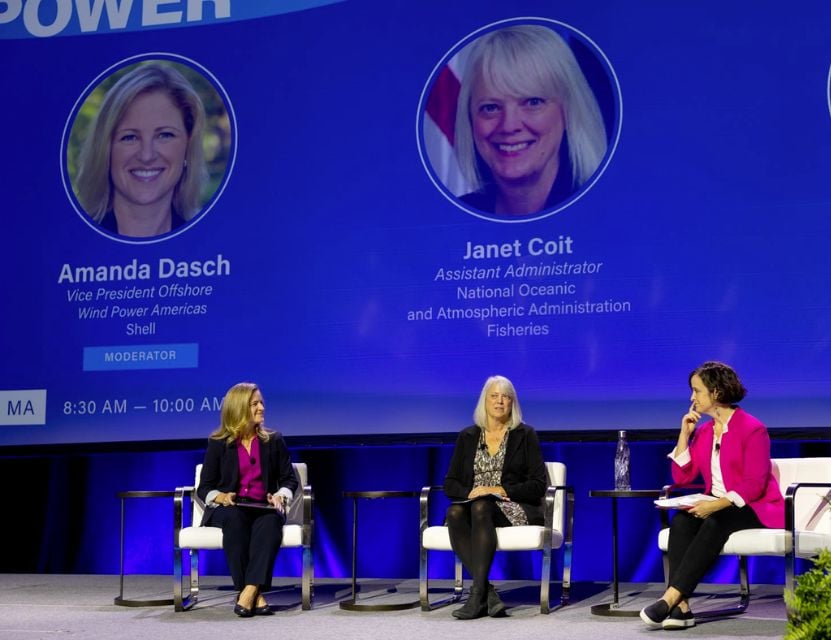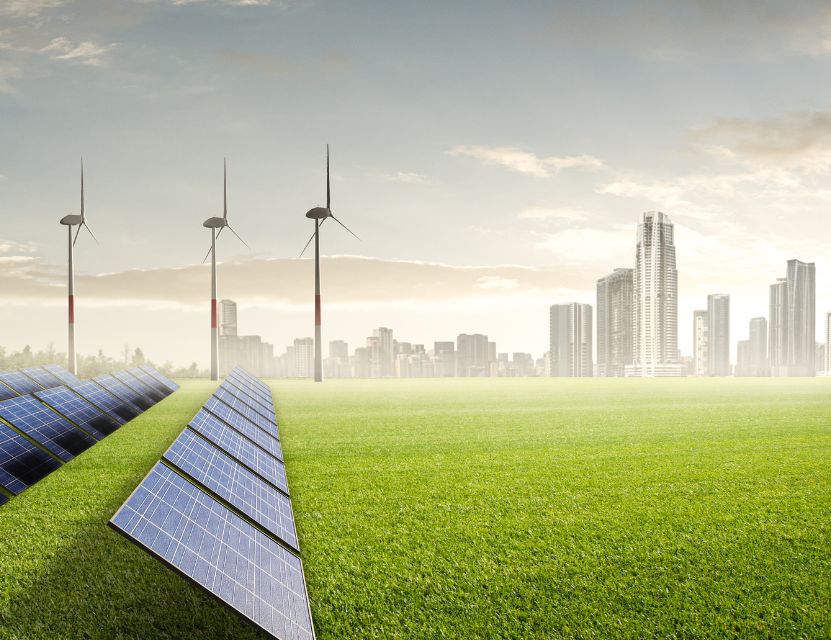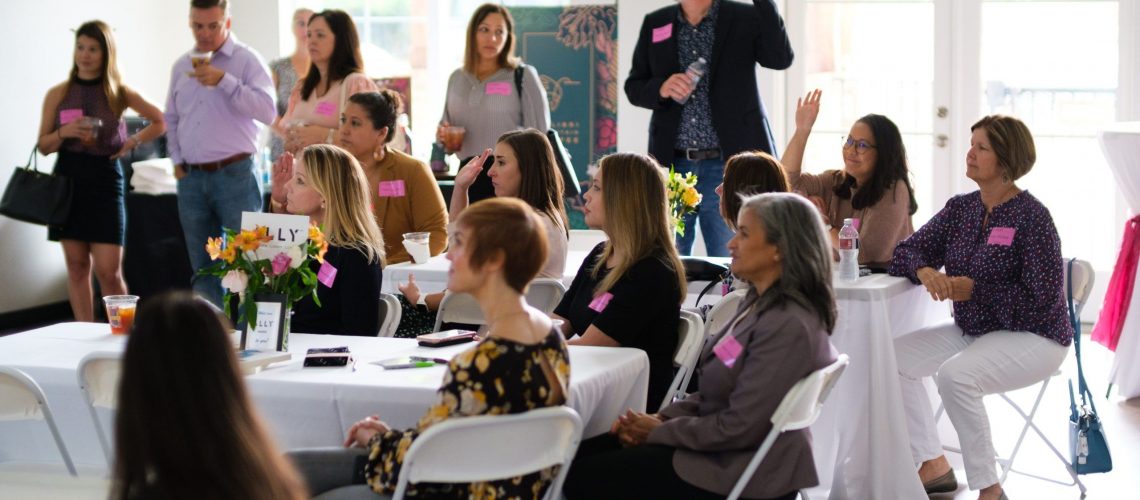Amanda Dasch on building a new industry and embracing ‘terrifying things,’ including her first marathon
When Amanda Dasch tells people she’s an environmental scientist with a Ph.D. in geology and is working in offshore wind energy, they see how committed she is to tackling climate change. Then, when she tells those same people that her employer is Shell, some do a double-take.
“I enjoy that reaction,” she says. “Because it sometimes opens the door to a balanced conversation about what the energy transformation needs to look like. We need all sources of energy right now.”
Renewable sources are essential
In addition to transitioning the world to cleaner, greener sources, energy leaders are also working to lift hundreds of millions of people out of energy poverty, Amanda notes. The International Energy Agency (IEA) estimates that nearly 800 million people lack electricity, and more than 2 billion lack clean cooking access.
Renewable sources of energy are an essential part of the solution to both meeting the growing energy demand globally and moving into an era of net zero. Oil companies are among those launching big investments into renewables.
Capturing offshore wind energy is a monumental challenge. “Offshore turbines can be scaled up to one-and-a-half times the height of the Washington Monument, with blades the length of a football field,” the U.S. Department of Energy explains. As part of his climate agenda, President Biden has set a goal of deploying 30 gigawatts of offshore wind energy capacity by 2030 -- a step toward achieving “100% carbon pollution-free electricity” by 2035.
Offshore wind energy “is a brand new industry for the U.S.,” Amanda explains, noting that Europe is currently well ahead. “That’s part of what makes it exciting and also incredibly hard.” The same can be said for taking part in your first marathon, which Amanda is also doing as part of the Women & Allies in Energy team.
Teamwork yields bigger results
As a vice president at Shell, she oversees not only offshore wind development for North and South America but also renewable generation including solar and onshore wind in Brazil. And she’s a board member of the American Clean Power Association. Why add the TCS New York City Marathon to her schedule?
“Partly because Katie is incredibly persuasive,” Amanda jokes, referring to ALLY Energy CEO Katie Mehnert. “I really loved her vision -- that this is a whole team of people with many different skills, sets of experiences, and perspectives to start the energy transition. When we work together as a team, we can make much bigger things happen.”
“It’s terrifying, but I like to do things that are terrifying,” she adds, laughing. “It provides a good challenge. I never back down from a challenge. I like to tackle ones that are worthwhile.”
Amanda also sees it as a chance to send a good message to her children, ages 16 and 13: that it’s worth working very hard to achieve something big. And she has them in mind when she thinks about the team’s motto, “running toward net zero,” she says. “I want to make sure we’re providing a planet that's a great place for my children to grow up and raise children of their own.”
When you’re facing a huge task, it’s easy to get overwhelmed, and stop taking care of yourself, she says. But in the race to net zero, as in the marathon, you need to watch out for your own wellness. “I enjoy working very hard, but sometimes that means I come last,” Amanda says. The marathon is a chance to change that, by “staying healthy and fit, and preserving mental health, which I like to do through exercise. This was a good motivation to prioritize myself so I can help other people.”
After years of living in Houston and then abroad in the Netherlands and Brunei, Amanda and her family recently moved back to her hometown, just outside Boston. Much of her work is concentrated in the Atlantic off the East Coast since the shallow continental shelf allows more turbines to be attached to the seafloor -- a much cheaper option than the floating turbines that may one day populate the Pacific off the West Coast.
Living through the pandemic lockdown in Europe helped give her and her family some clarity about the importance of building memories with extended family, so she was happy to move back near her parents and sister. “It’s given us an opportunity to support the family, and create some ‘glue,’” she says. “My kids will have new memories that will stick with them.”

.jpg?width=1600&height=800&name=To%20build%20stronger%20and%20more%20equitable%20workplaces%2c%20employees%20at%20all%20levels%20need%20to%20be%20empowered%20to%20be%20part%20of%20the%20solution.%20Lean%20In%E2%80%99s%20employee%20training%20can%20help.%2050%20Ways%20to%20Fight%20Bias%20takes%20the%20gues%20(1).jpg)



